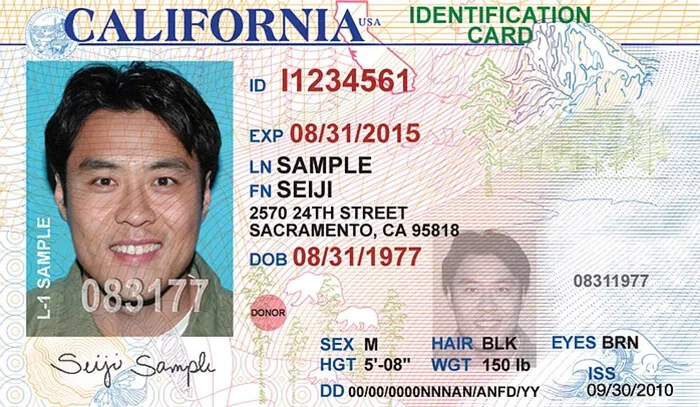Is the market for fake documents on the open web shutting down?

Buying a counterfeit driver’s license or passport used to require a secret meeting with some shady characters. More recently, it meant having a connection to the dark web. But today, all you need is an internet connection and a search engine, says a Michigan State University researcher.
“I’ve asked students in a large introductory class, ‘how many of you have a fake ID?’ and way too many hands go up,” said Thomas Holt, a professor and director of the School of Criminal Justice at Michigan State University. “So, I follow my question up with, ‘how many of you bought them online?’ and about 20% of those students raise their hands.”
What has been done?
Holt’s research on counterfeit identity documents was published online Oct. 1 in the journal Deviant Behavior.
His team, including doctoral candidate Jin Lee and 10 undergraduate students, monitored the elicit market for physical goods such as driver’s licenses or passports and digital goods such as credit card numbers. When the ads appeared, the team took screen captures of the images.
“We were surprised by the quantity of people selling passports and other identity documents,” he said. “The way that these products were being sold was kind of novel and it mirrored traditional e-commerce sites like Amazon.”
How to shutdown these websites
In order to shutdown these websites, the researchers needed to understand how a person partakes in this form of crime. It starts with the creation of an online ad by the vendor that a buyer can find and click on.
Holt and his team studied 19 different vendors and discovered they often used specific language to appeal to their audience, such as how using a fake document can enhance customers’ lifestyles. One vendor even sought to pay customers to help pedal product. The vendor would sell a customer affiliate fake Ids at a discounted rate. The affiliate could then charge a higher rate on final sales. The vendor benefited from having a point person on college campuses and other hotspots, increasing the sales potential.
Trust Issues
There is a surprising amount of trust and risk that goes into these interactions. Buyers need to trust that vendors they don’t know are selling documents that will pass for real. In the counterfeit document world, there is not a public list of reviews.
Even if you are buying a fake ID for fraudulent purposes, you want the best quality that you can get for your money,” Holt said. “The biggest downside to these markets is that the buyer is left with the risk of making a buy and seeing if they can use the document.”
With many counterfeit documents being bought and sold online, it is a challenge for law enforcement to identify these vendors. Most transactions are done using bitcoin which is often difficult to trace to a specific person. “Bitcoin isn’t hard to use, conditionally,” he said. “There is a bitcoin ATM near MSU’s campus.

Leave a Reply